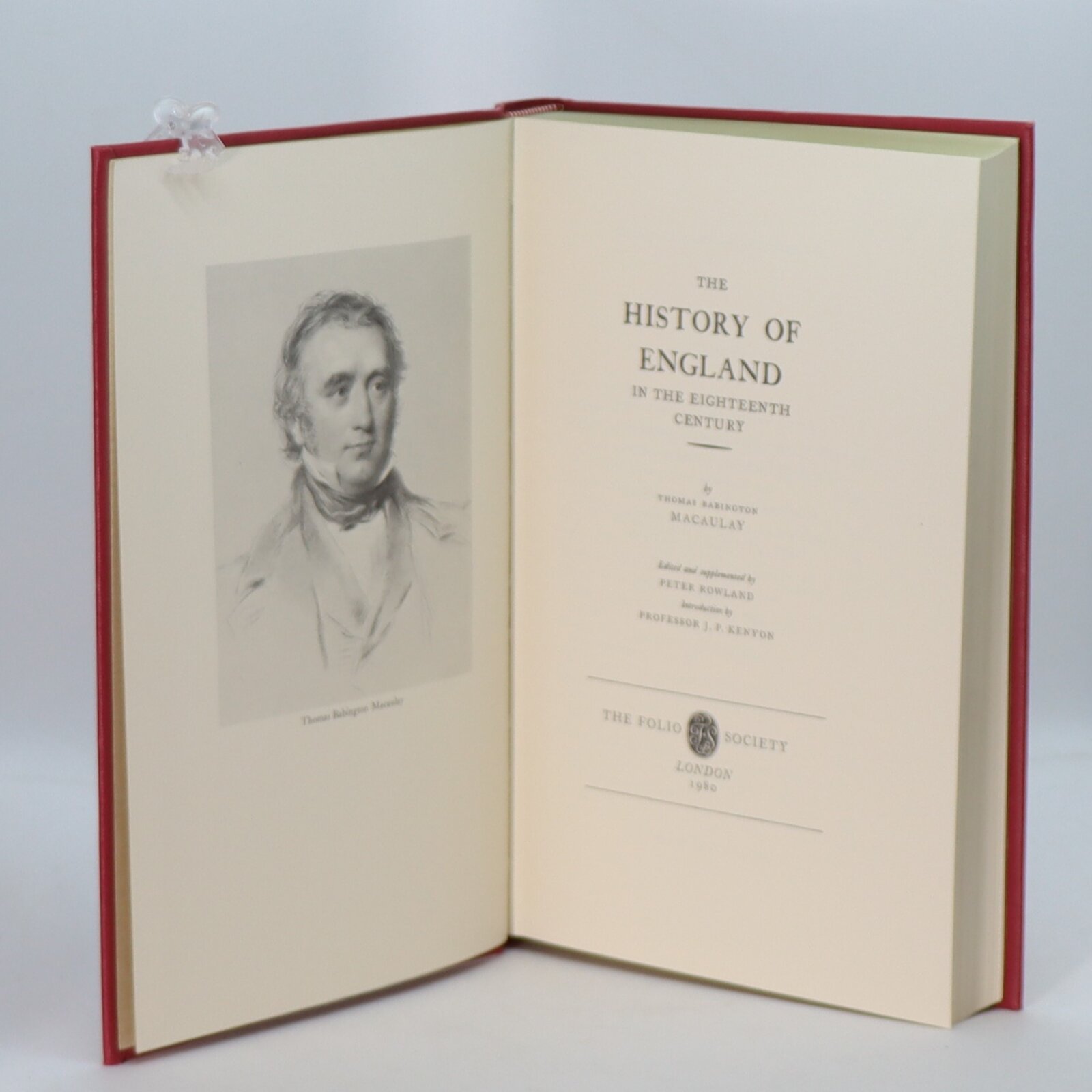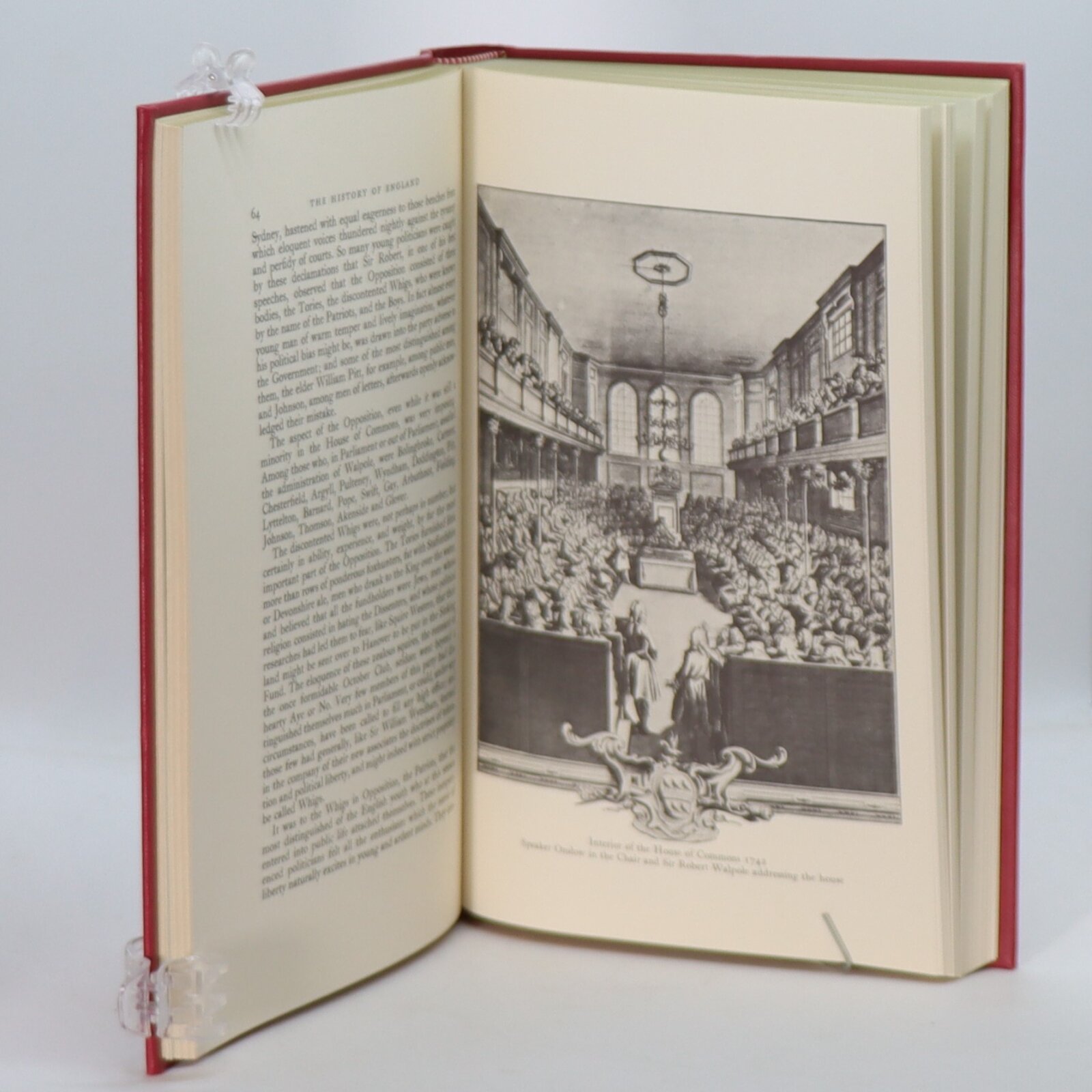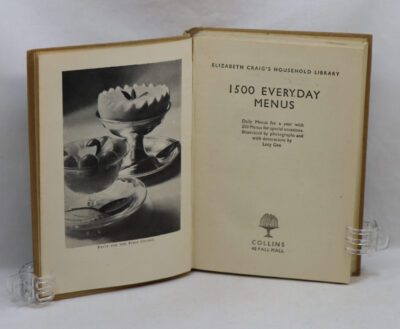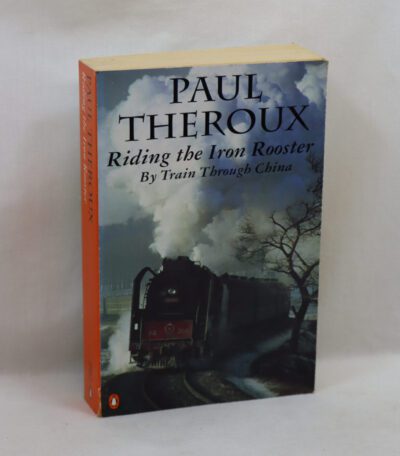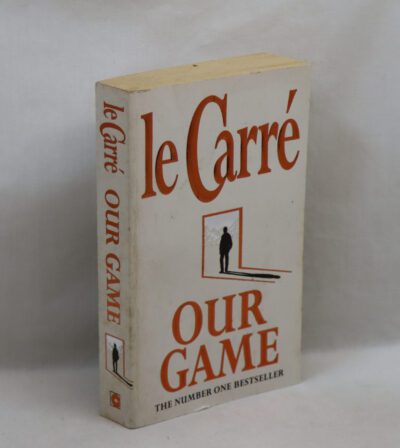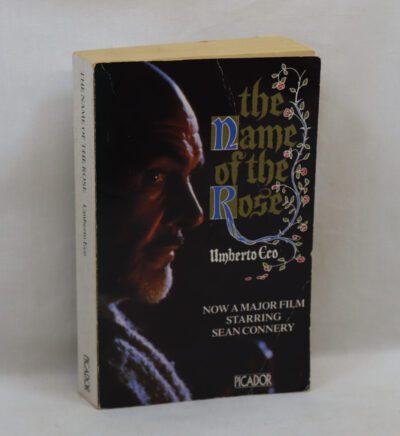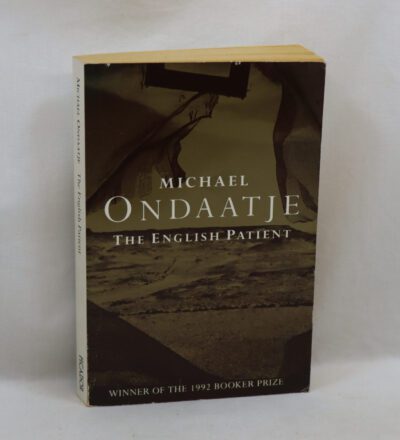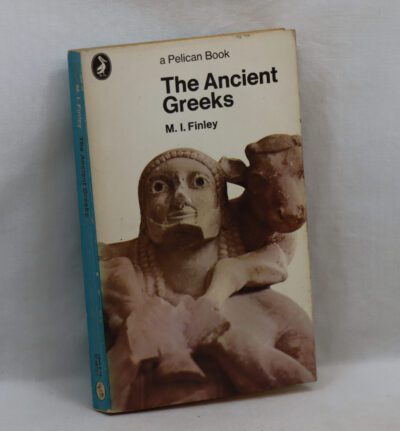A History of England in the Eighteenth Century.
By Thomas Babington Macaulay
ISBN: UCAL:B2982627
Printed: 1980
Publisher: Folio Society. London
| Dimensions | 17 × 27 × 3.5 cm |
|---|---|
| Language |
Language: English
Size (cminches): 17 x 27 x 3.5
Condition: Fine (See explanation of ratings)
Your items
Item information
Description
In a fitted box. Red cloth binding with gilt banding and title on the spine. Gilt edging and diamond design on the front board.
It is the intent of F.B.A. to provide an in-depth photographic presentation of this book offered so to almost stimulate your feel and touch on the book. If requested, more traditional book descriptions are immediately available.
A very clean copy
The History of England from the Accession of James the Second (1848) is the full title of the five-volume work by Lord Macaulay (1800–1859) more generally known as The History of England. It covers the 17-year period from 1685 to 1702, encompassing the reign of James II, the Glorious Revolution, the coregency of William III and Mary II, and up to William III’s death.
Macaulay’s approach to writing the History was innovative for his period. He consciously fused the picturesque, dramatic style of classical historians such as Thucydides and Tacitus with the learned and factual approach of his 18th-century precursors such as Hume, following the plan laid out in his own 1828 “Essay on History”.
The History is famous for its prose and for its confident, sometimes dogmatic, emphasis on a progressive model of British history. According to this view, England threw off superstition, autocracy and confusion to create a balanced constitution and a forward-looking culture combined with freedom of belief and expression. This model of human progress has been called the Whig interpretation of history.
Macaulay’s approach has been criticised by later historians for its one-sidedness and its complacency. Karl Marx referred to him as a “systematic falsifier of history”. His tendency to see history as a drama led him to treat figures whose views he opposed as if they were villains, while his approved characters were presented as heroes. Macaulay goes to considerable length, for example, to absolve his hero King William III of any responsibility for the Glencoe massacre (1692).
Thomas Babington Macaulay, 1st Baron Macaulay, FRS FRSE PC (25 October 1800 – 28 December 1859) was a British historian and Whig politician. He is considered primarily responsible for introducing the Western education system in India. He wrote extensively as an essayist, on contemporary and historical sociopolitical subjects, and as a reviewer. His The History of England was a seminal and paradigmatic example of Whig history, and its literary style has remained an object of praise since its publication, including subsequent to the widespread condemnation of its historical contentions which became popular in the 20th century.
Macaulay served as the Secretary at War between 1839 and 1841, and as the Paymaster-General between 1846 and 1848. He played a major role in the introduction of English and western concepts to education in India, and published his argument on the subject in the “Macaulay’s Minute” in 1835. He supported the replacement of Persian by English as the official language, the use of English as the medium of instruction in all schools, and the training of English-speaking Indians as teachers. This led to Macaulayism in India, and the systematic wiping out of traditional and ancient Indian education and vocational systems and sciences.
Macaulay divided the world into civilised nations and barbarism, with Britain representing the high point of civilisation. In his Minute on Indian Education of February 1835, he asserted, “It is, I believe, no exaggeration to say that all the historical information which has been collected from all the books written in the Sanskrit language is less valuable than what may be found in the most paltry abridgments used at preparatory schools in England”. He was wedded to the idea of progress, especially in terms of the liberal freedoms. He opposed radicalism while idealising historic British culture and traditions.
Condition notes
Want to know more about this item?
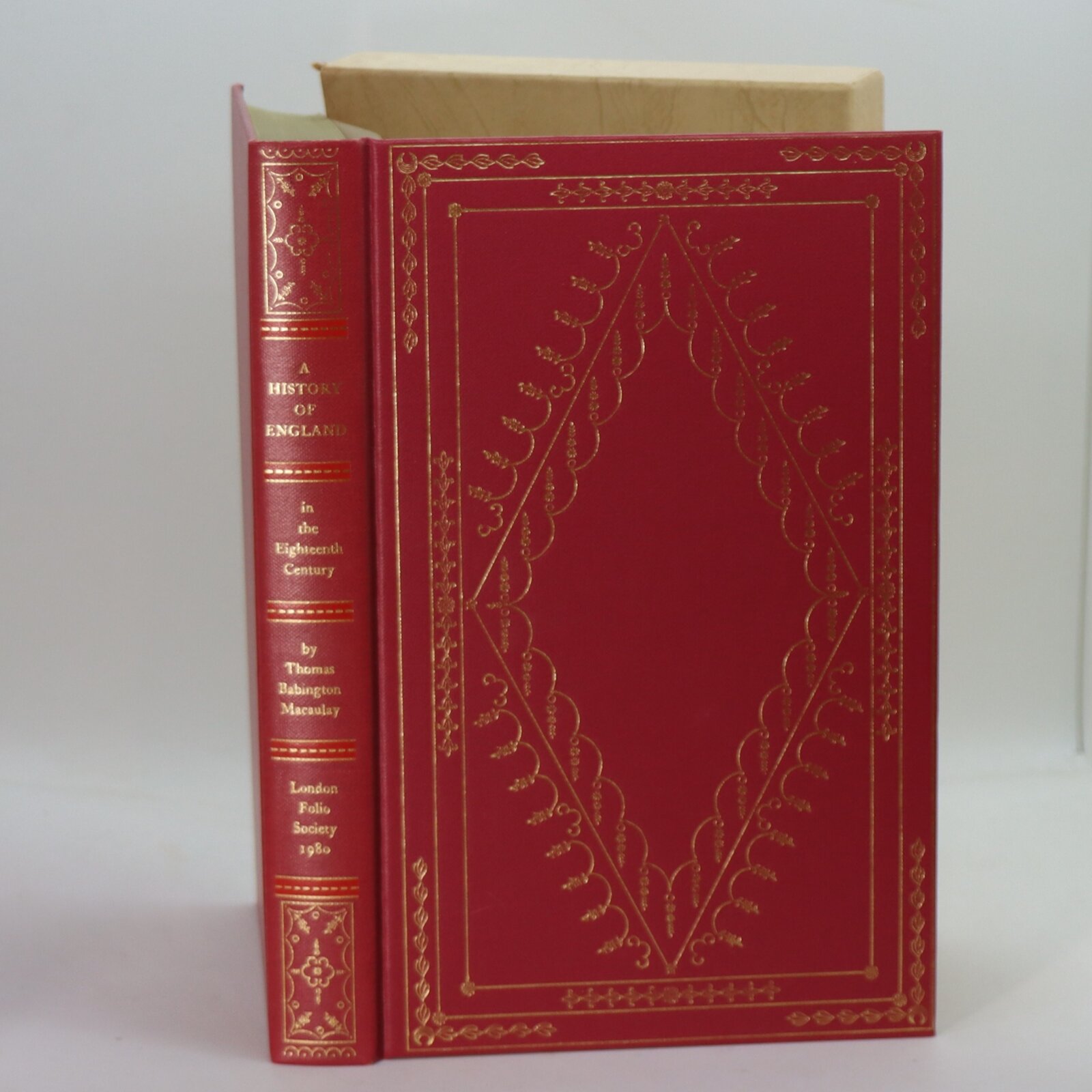
Share this Page with a friend

